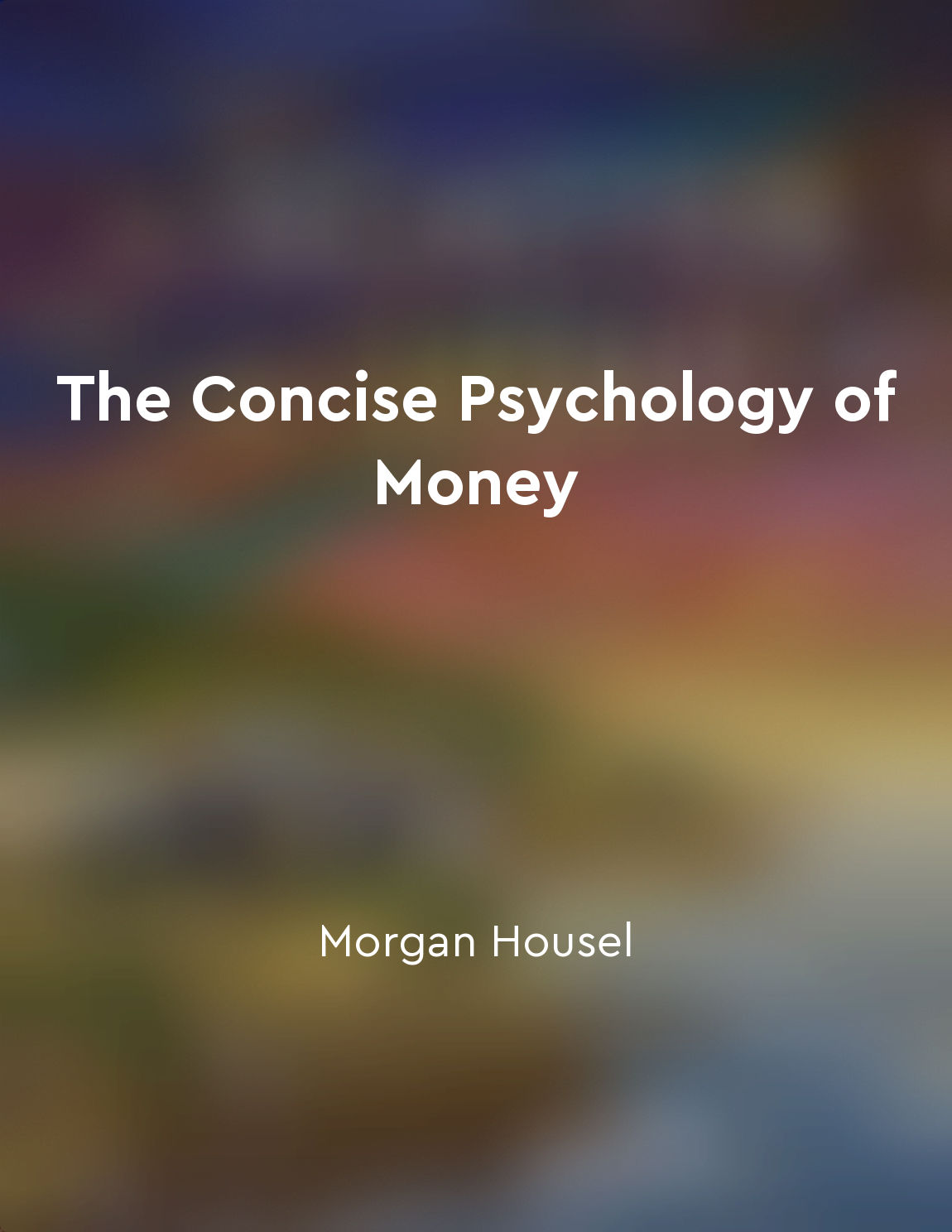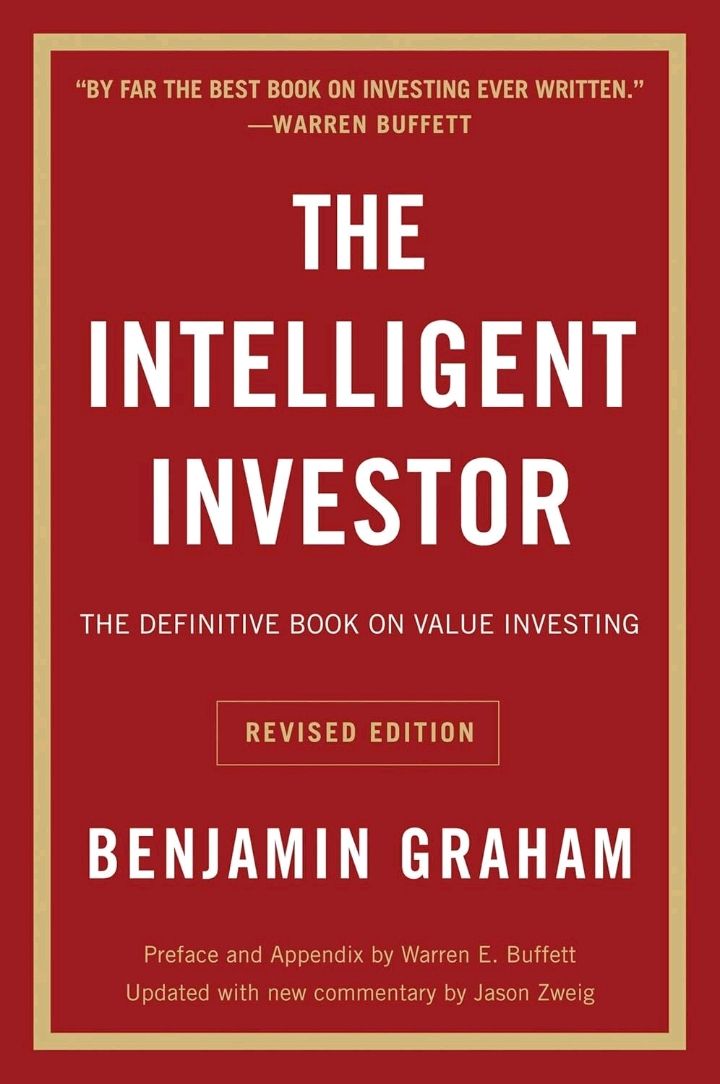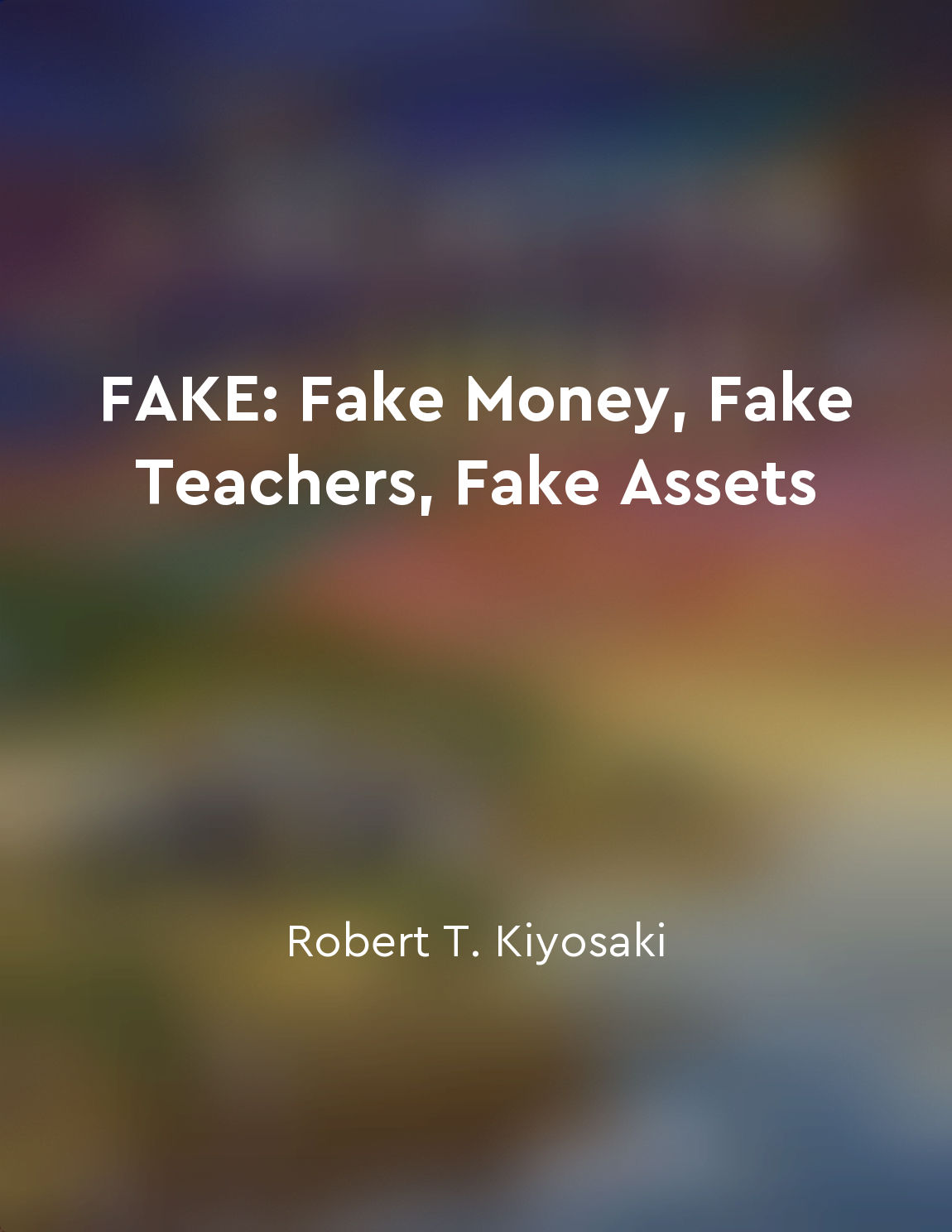Audio available in app
Fear and greed drive financial decisions from "summary" of FAKE: Fake Money, Fake Teachers, Fake Assets by Robert T. Kiyosaki
Fear and greed are powerful motivators that shape financial behavior. When people experience fear, they tend to react conservatively, avoiding risks and clinging to what they have. This fear often stems from uncertainty in the market or economic instability. Individuals may liquidate investments at the worst possible time, driven by anxiety over potential losses. As a result, they miss out on opportunities that could lead to significant gains. On the flip side, greed manifests when markets are booming. Investors become overly confident, often ignoring warning signs and diving headfirst into risky ventures. The allure of quick profits can cloud judgment, leading to poor decision-making. In this euphoric state, individuals may invest in assets without fully understanding the risks involved. They chase after the latest trends, hoping to strike it rich, often resulting in devastating losses when the market corrects itself. This emotional rollercoaster creates a cycle of bad decisions driven by psychological states rather than solid financial principles. Those who understand this dynamic can better navigate the turbulent waters of investing. Developing a mindset that prioritizes knowledge over emotion is crucial. Instead of reacting impulsively to market swings, individuals should focus on building a solid foundation of financial education. By recognizing the influence of these emotions, one can cultivate a disciplined approach to investing. This shift from an emotional to a rational mindset enables better management of assets, empowering individuals to make informed choices. Understanding the underlying motivations behind financial decisions can lead to a more stable and prosperous financial future, free from the erratic influences of fear and greed.Similar Posts

Understanding our relationship with money requires selfreflection and introspection
To truly grasp the dynamics of our relationship with money, we must engage in a process of self-reflection and introspection. T...
Overconfidence can lead to financial mistakes
Overconfidence can lead to financial mistakes because it causes investors to take on too much risk. When we are overconfident, ...
Performance measurement is essential to evaluate managers
Performance measurement plays a crucial role in evaluating the effectiveness of managers within institutional investment manage...

Avoid debt as much as possible
Debt is a powerful tool. Used wisely, it can help you build wealth and achieve financial independence. But all too often, it be...

Don't rely solely on stock tips or market forecasts
It is a common temptation for investors to seek out stock tips or market forecasts in the hopes of gaining an edge in the marke...
Taking calculated risks can lead to higher returns in the stock market
Taking calculated risks in the stock market is a strategy that many successful investors employ to achieve higher returns. By c...

Stay disciplined with your investments
Maintaining discipline with your investments is crucial for long-term success in the market. It involves sticking to your inves...
Cultivate a positive money mindset
The way we think about money can have a significant impact on our financial success. Developing a positive money mindset is ess...

Wealth is a mindset, not just a number in your bank account
When we think about wealth, the first thing that often comes to mind is the amount of money in our bank account. However, true ...
Stay true to your values and investment philosophy
As investors, it is crucial to have a clear understanding of our values and investment philosophy. This serves as the guiding l...

